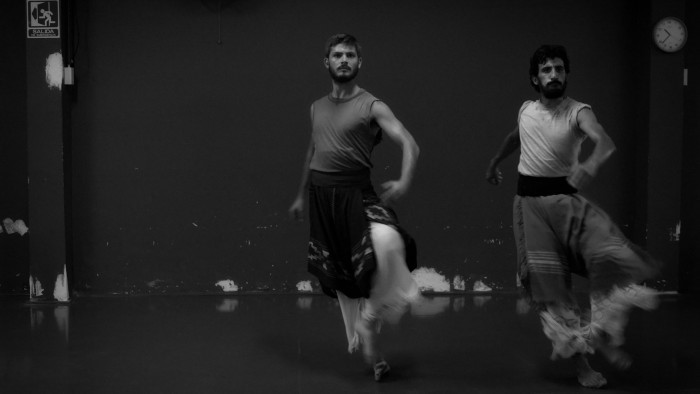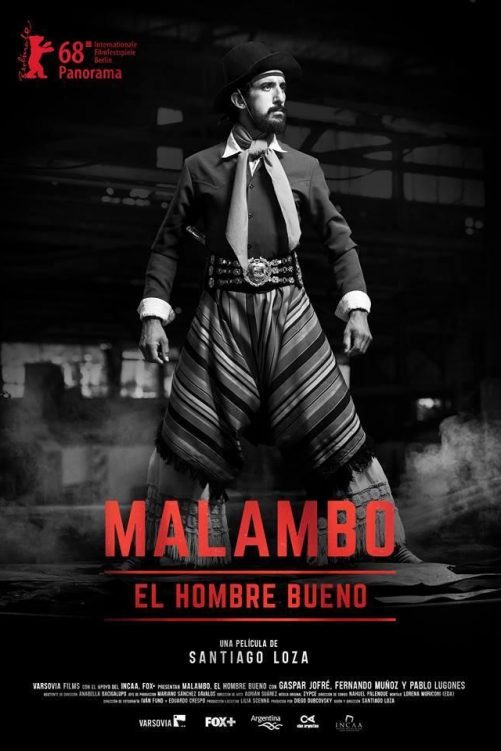Malambo, el hombre bueno (Malambo, The Good Man)

The Panorama selection of the Berlin Film Festival is meant to consist of movies from around the world that challenge the status quo. One can feel that provocation in features like Garbage, which (though not particularly good) plunges the viewer into a different and uncomfortable experience. But the 11th picture from Argentinian director Santiago Loza doesn’t challenge the norm through controversy. It challenges through not a great deal happening.
Malambo, The Good Man centres on Gaspar Jofre (appearing to play himself), a practitioner of Malambo dancing – a masculine dance created during the 19th century by Argentinian horsemen (or “gauchos”) to prove their valour. Gaspar wants to enter a Malambo tournament to prove his worth after losing the last time. But he suffers from a herniated disc in his right hip, quashing his chances to compete.
On first glance, this appears to be a classic sports-movie concept: a character achieving greatness in spite of an injury or disability (Darren Aronofsky’s The Wrestler comes to mind). If Gaspar wins the tournament, he would have to retire and train aspiring dancers. On top of this, he is hindered by his bad hip and his grandmother is on the verge of dying. But these stresses and traumas, sprinkled into the film without much direction, are never expanded into life-changing or story-shifting problems. We never see the granny die, and the protagonist’s injury is easily sorted out (somehow). The result is a character that isn’t compelling, nor particularly interesting.
The joy in the film is in watching the Malambo dancers do their thing. It’s a fascinating part of Argentinian culture that is lovingly revealed to the audience, often with a still camera to let the movements speak for themselves. Iván Fund’s visuals are shot in a simple, high-contrast black-and-white – vaguely reminding the viewer of Noah Baumbach’s Frances Ha – possessing a nouvelle vague quality that spills into the movie’s naturalistic performances. But the story, unlike the dancing, has no pulse.
Malambo, The Good Man might’ve been more engaging as a documentary, since the director can’t fulfil the fictional conflicts he promises the viewer. Loza’s strive to be realistic has resulted in boredom, but there is a hypnotic fascination from watching these dances. The film is easily summed up by the voiceover narration, spoken as Gaspar stares out of a train window: “the countryside was boring, but soothing”.
Euan Franklin
Malambo, el hombre bueno (Malambo, The Good Man) does not have a UK release date yet.
Read more reviews from our Berlin Film Festival 2018 coverage here.
For further information about the event visit the Berlin Film Festival website here.
Watch the trailer for Malambo, el hombre bueno (Malambo, The Good Man) here:

























Facebook
Twitter
Instagram
YouTube
RSS